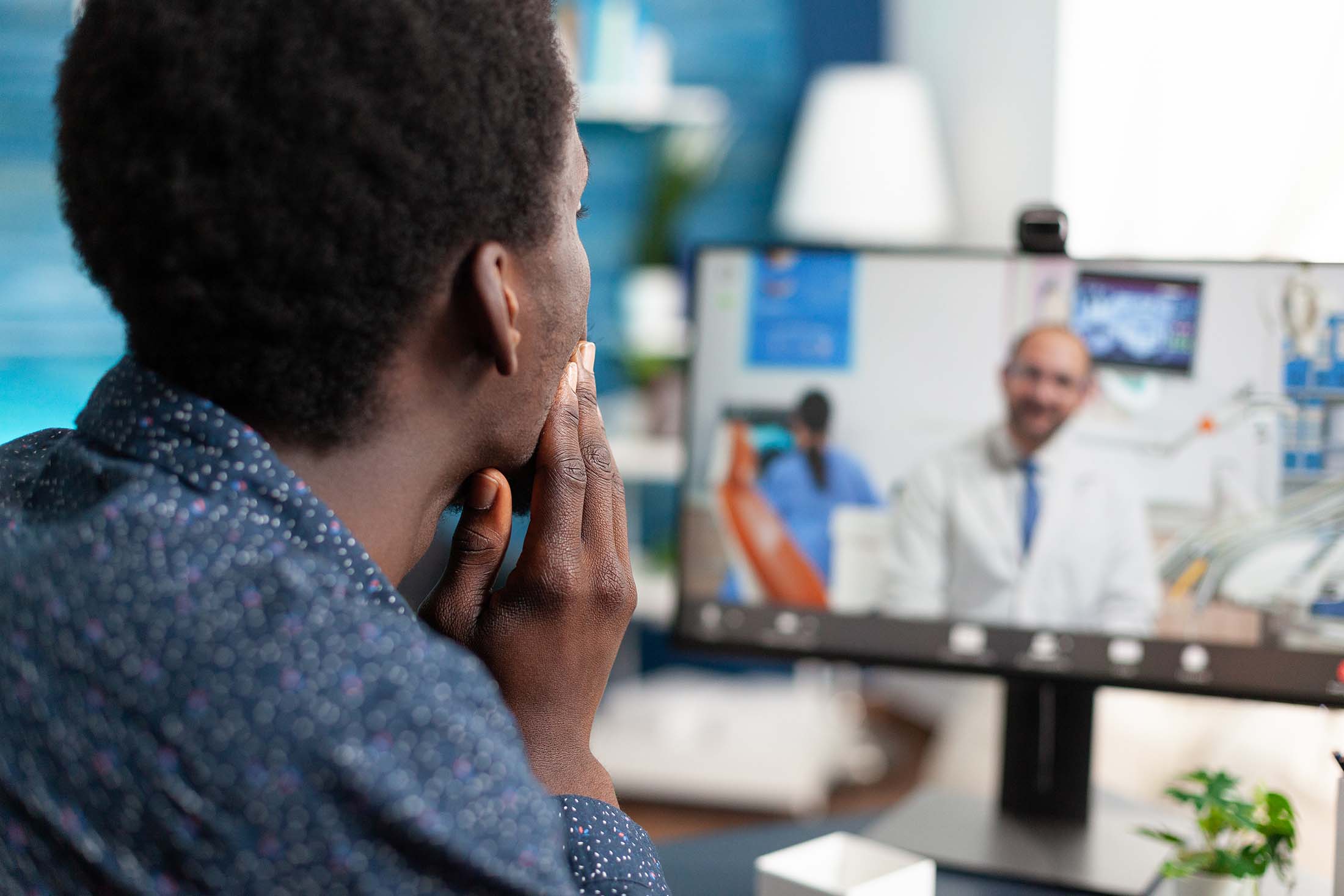What is an Advanced Practice Provider?
Our patients enjoy many benefits from our team of Advanced Practice Providers (APPs). The purpose of this blog post is to further educate our patients on the role of APPs in our practice. The #1 reason patients are reluctant to see an Advanced Practice Provider is due to the lack of understanding of their capabilities and qualifications.
The most common types of APPs in a surgical practice are:
Nurse Practitioners (NPs)
Nurse practitioners are registered nurses with advanced education and training, typically at the master’s or doctoral level. They are trained to assess, diagnose, and treat a variety of medical conditions. NPs can prescribe medications, order diagnostic tests, and provide preventive care. They often specialize in areas such as family medicine, pediatrics, adult-gerontology, women’s health, and psychiatric-mental health.
Physician Assistants (PAs)
Physician assistants are healthcare professionals who work under the supervision of a licensed physician. They are trained to perform medical examinations, diagnose illnesses, develop treatment plans, and prescribe medications. PAs can specialize in various medical fields, including primary care, surgery, emergency medicine, and more.

What Does an Advanced Practice Provider Do?
Advanced Practice Providers (APPs) play a crucial role in surgical practices for several reasons when receiving healthcare services. Let’s review some of those reasons in more detail below:
- Patient Care Continuity: APPs can help provide continuous care to surgical patients throughout their treatment journey. They can assist with preoperative evaluations, postoperative follow-ups, and managing patient care during hospital stays or in outpatient settings. This ensures that patients receive consistent and comprehensive care.
- Increased Access to Care: APPs help improve access to healthcare services by extending the availability of providers. This means shorter wait times for appointments and faster access to medical care when needed. In a surgical practice like SCMSC, this also means faster access to surgery.
- Holistic Care: APPs often take a more comprehensive and holistic approach to patient care. They spend more time with patients, listen to their concerns, and consider not only the immediate medical issue but also the patient’s overall well-being and lifestyle.
- Continuity of Care: APPs can provide consistent care throughout a patient’s healthcare journey. They may be involved in initial assessments, ongoing management, and follow-up care, ensuring that patients receive continuous and coordinated treatment.
- Patient Education: APPs are also excellent educators. Our APPs take the time to explain medical conditions, treatment options, and preventive measures in a way that patients can understand. This empowers patients to make informed decisions about their healthcare. They can answer questions, address concerns, and ensure that patients are well-informed and prepared for surgery, leading to better outcomes and patient satisfaction.
- Personalized Care: APPs often build strong relationships with their patients, getting to know them on a personal level. This familiarity allows for more personalized care tailored to the patient’s unique needs and preferences.
- Enhanced Care: APPs are trained to perform a wide range of medical tasks, such as taking medical histories, conducting physical exams, ordering diagnostic tests, and prescribing medications. Their ability to handle these responsibilities can streamline the healthcare process, reducing delays and ensuring that patients receive timely care.
- Collaborative Care: Collaboration between surgeons and APPs fosters a multidisciplinary approach to patient care. Surgeons can focus on complex surgical procedures, while APPs can handle other aspects of patient management. This teamwork often results in more comprehensive and holistic care.
- Reduced Healthcare Costs: Utilizing APPs can lead to cost savings for patients. APPs can provide high-quality care at a lower cost than physicians, making healthcare more affordable and accessible.
- Preventive Care: APPs often emphasize preventive healthcare measures, such as vaccinations, screenings, and lifestyle modifications. This focus on prevention can help patients avoid serious health issues in the long run.
- Support for Chronic Conditions: For patients with chronic conditions, APPs can offer ongoing monitoring and management, helping patients maintain their health and manage their conditions more effectively.
- Improved Access to Specialized Care: In some cases, surgical practices may employ APPs with specialized training in areas like wound care, vascular surgery, general surgery, surgical oncology, or podiatry. This allows practices to expand their service offerings and provide specialized care to a broader range of patients.
- Supportive Care: In healthcare settings like oncology and palliative care, APPs play a vital role in providing supportive and compassionate care to patients and their families, addressing both physical and emotional needs.
APPs Are Here to Improve Your Care
Patients benefit from APPs because they provide accessible, personalized, and comprehensive care. They focus on patient education, preventive measures, and cost-effective healthcare solutions, ultimately contributing to improved health outcomes and patient satisfaction. Their collaboration with our SCMSC surgeons leads to better patient outcomes and improved overall practice performance.
All of our APPs go through extensive training with our SCMSC surgeons prior to seeing patients. Our SCMSC physicians are integrally involved in the care of every patient and remain in constant communication with our APPs. If you would like to learn more about each of our Advanced Practice Providers, you can read about them under our staff page on our website.






